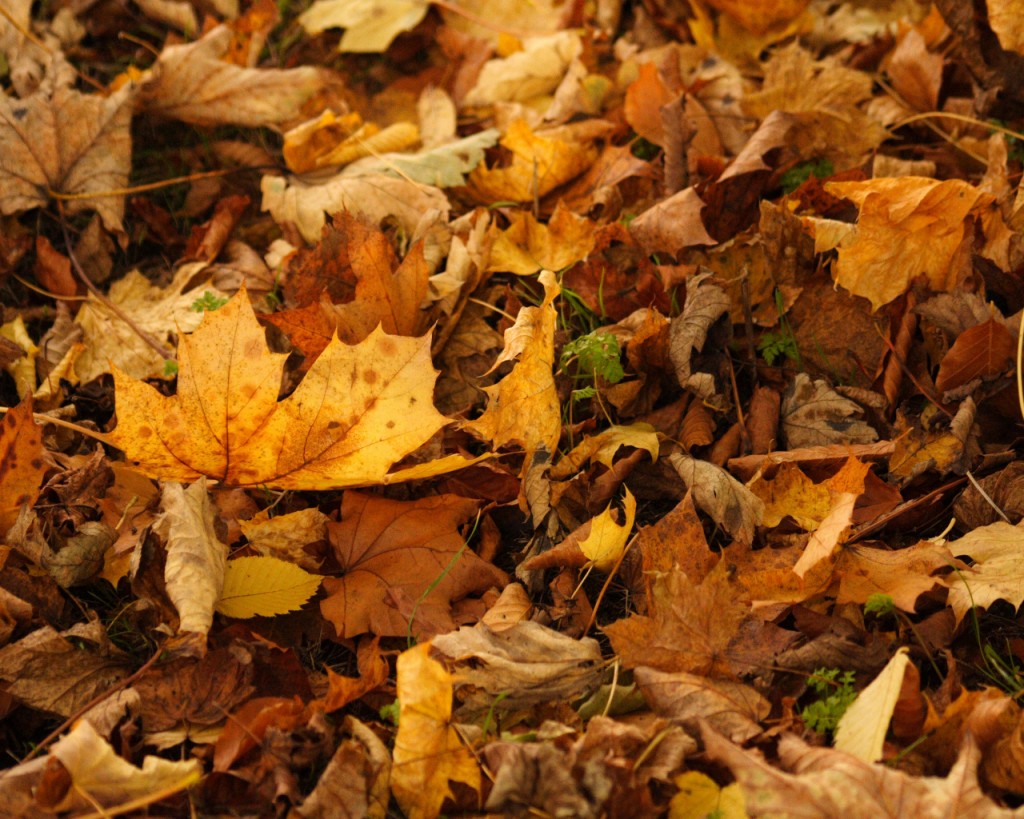It’s autumn again! Summer’s over, meaning that it’s finally time to go apple-picking, plan out your (hopefully vegetarian!) Thanksgiving dinner… and rake up those hulking mountains of leaves in your backyard.
Other than asking who’s actually going to rake up all of those leaves, the bigger question is what you’ll end up doing with the leaves once they’re raked up and bagged. While one of the most common answers would be to simply toss them out in trash cans for the garbage men to pick up and drop off in landfills and incinerators, there are actually greener alternatives in dealing with your leaf piles.
For example, fallen leaves are excellent materials for composting, especially for home and backyard composting. Good compost maintains a balance between the “greens,” such as grass clippings and fruit scraps, and the “browns,” such as dead leaves and branches. The “greens” provide the compost with nitrogen and moisture while the “browns” are a great source of carbon; this mixture will keep those composting micro-organisms well-fed and happy. By using your very own leaves for the “browns” of composting, you’ll get a clean yard as well as a free and abundant resource for your compost!
If composting at home is not for you, or not possible for you, there are programs where you can actually drop off your leaves for others to use. Despite the NYC Department of Sanitation’s suspension of yard waste collection in 2009, there are still many places that will gladly welcome your leaves. For example, NYCLeaves runs Project Leafdrop, which provides New Yorkers with places like community gardens, brownfield remediation programs, and greening projects that will accept leaves. These places will then turn these leaves into lovely, useful compost, perfect for any gardening or restoration project.
The easiest way to use your leaves, however, is to use it as mulch! This is probably the most convenient way to use your leaf piles, as it really requires little to no work. Simply use your leaves to cover bare patches of soil to prevent erosion and provide nutrients for the soil. Your yards and gardens will thank you in the springtime!


